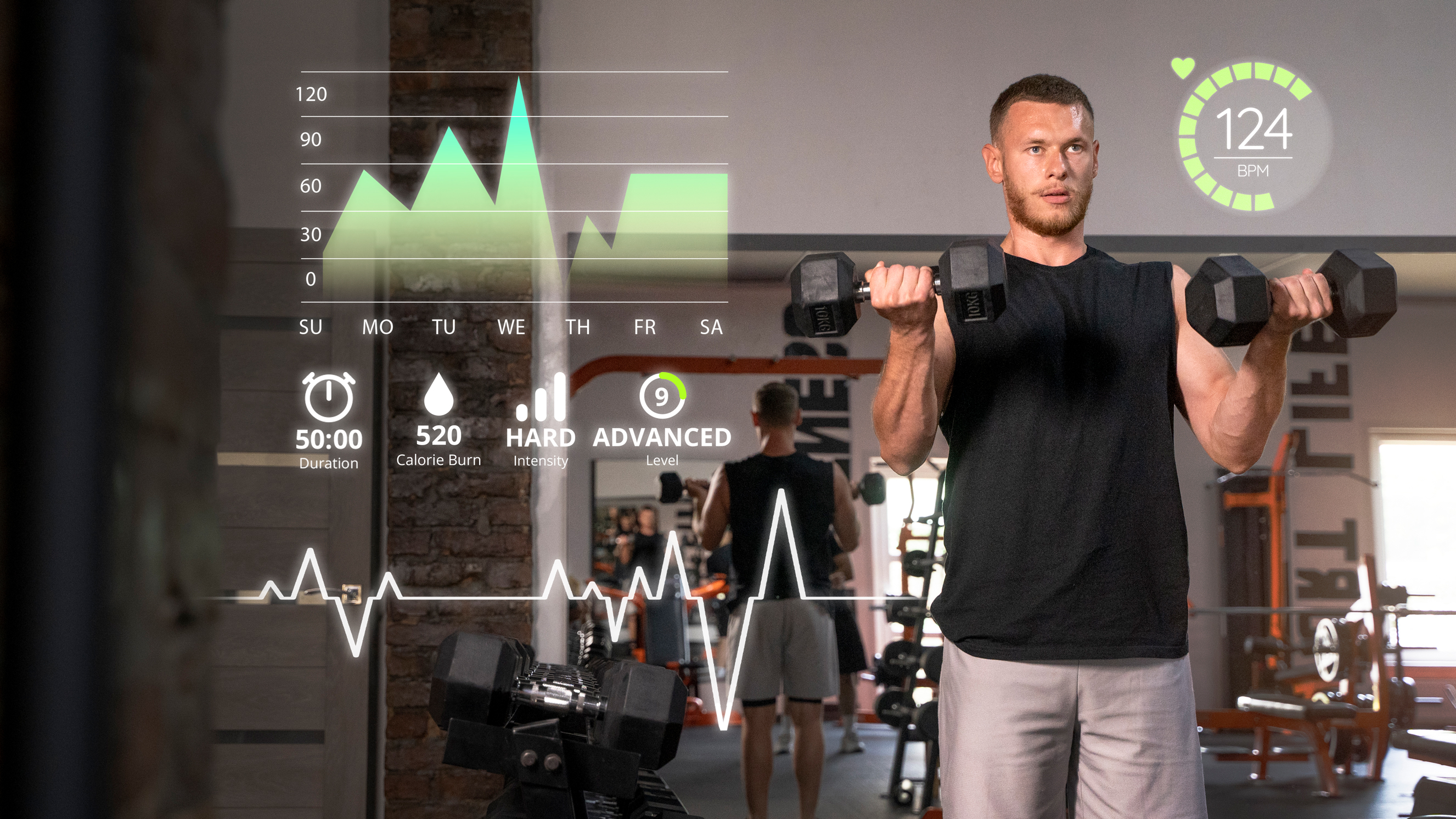
Web-Scale Discovery and Integration of Comparative Product Offers
Online shopping offers consumers a wide range of products from various e-commerce platforms. To compare prices, users need to search multiple sites, collect and organize data, and identify identical products. This manual process is tedious and time-consuming.

Enhancing Data Literacy Education through Game-Based Approach in School Curriculum
To foster a data-literate community within a smart nation and digital economy, it is crucial to start developing data literacy skills among students who will shape our digital future. However, the current landscape lacks effective and engaging tools that can teach data literacy to students. By combining entertainment through gamification with the learning of subjects like geography, social studies, and accounting, students can develop their analytical thinking skills while acquiring essential knowledge for a data-driven future.

ERICA: Enabling Real-time Mistake Detection & Corrective Feedback on Free-Weights Exercise
There are inherent risks and challenges involved in performing free-weights exercise without proper supervision. This lack of real-time feedback and guidance leaves room for potential mistakes that can lead to injuries or diminish the effectiveness of the workout. Hence, there is a need for a reliable and accessible solution that can provide instant feedback and corrective guidance to individuals performing free-weights exercises, ensuring their safety, and optimizing the results they achieve.

Foodbot: Empowering Healthy Eating through Goal-oriented Chatbot Intervention
With increasing attention on healthy eating habits, there is still a lack of tools to motivate, personalise and provide timely support to those who need it in the general population. Personalized guidance considers preferences and dietary restrictions for long-term adherence as well as helping to prevent diet-related diseases. With more personalized and timely support, it can motivate individuals to sustain healthy eating habits.

skillER: Effortless Skill Mention Extraction from Job Ads
Identifying skills mentioned in a job advertisement is crucial for both job seekers and employers. For agencies, public or private, that are tasked to provide job matching services, it optimizes recruitment practices and ensures a good fit between candidates and job requirements.

Facial Weight Progression and Regression with Deep Learning
With the rise of digital platforms and online content consumption, there is a growing demand for tools that facilitate the customisation of engaging digital content. Traditional approaches may require significant amounts of labeled image data and may not generate realistic or high-quality transformations. This introduces an opportunity to introduce a framework that overcomes these limitations and provides a solution for seamless and realistic facial weight adjustments with deep learning.

Generative Pre-training Based Cooking Recipe Generation and Evaluation System
Advancements in AI have fueled a growing interest in the automatic generation of cooking recipes. With the abundance of online cooking recipes, a cutting-edge application called CulinAI—an intelligent system for recipe generation and evaluation has been developed that leverages AI to create innovative cooking recipes and instructions.

Food Image Recognition for Asian Food
With greater emphasis on healthy living and healthier food choices, there is a need to track calorie and nutritional intake to better manage balanced diets and improve healthy lifestyle. By providing the capability to distinguish non-food images effectively, it helps to automate food logging to track calorie intake, enabling individuals to maintain a balanced diet and adopt a healthy lifestyle.

Occupancy Aware, Camera-Based Smart Lighting System
In workspaces and commercial buildings, lighting represents a significant portion of energy consumption after HVAC systems. However, current lighting solutions often lack efficiency and fail to adapt to occupancy levels and varying lighting needs. There is a need for an intelligent lighting system that can reduce energy consumption while maintaining occupant comfort by automatically adjusting lighting intensity based on occupancy and natural light levels.

Document-based Question Answering System
Finding precise answers to questions within given articles is a challenge that existing systems struggle to address. There is a need for an AI-driven question answering technology that can automatically extract short spans of text as precise answers from articles.